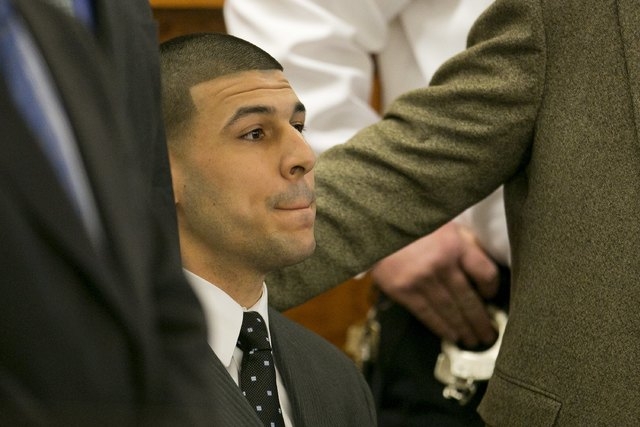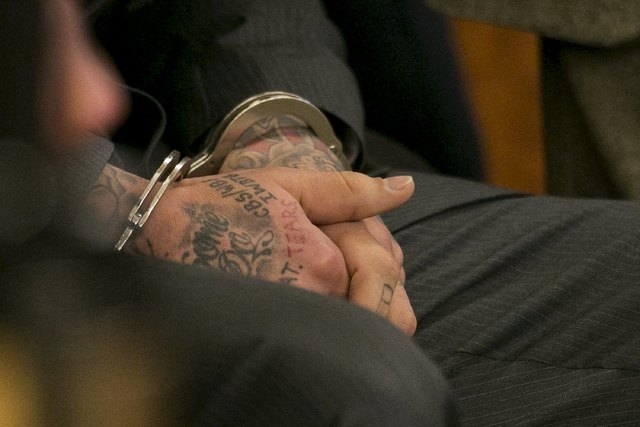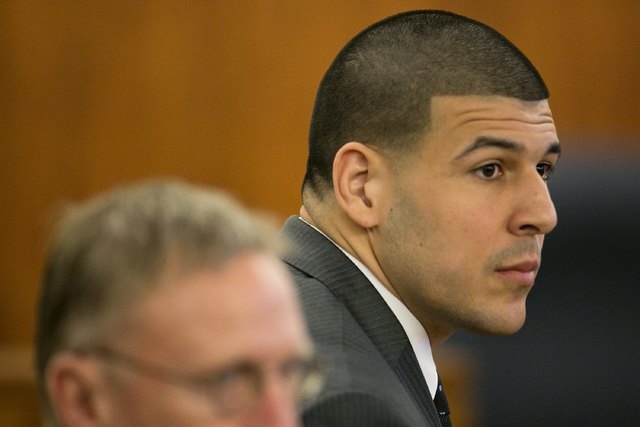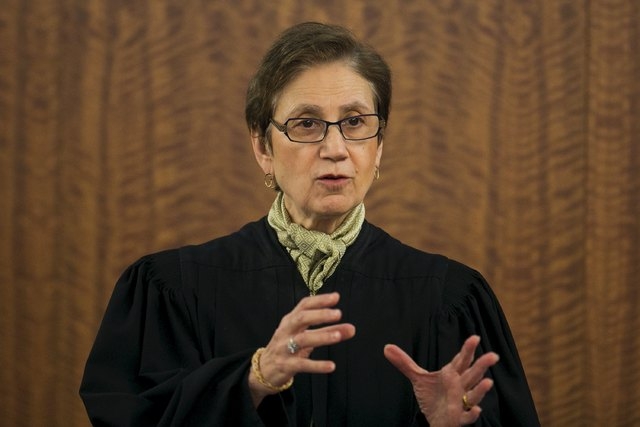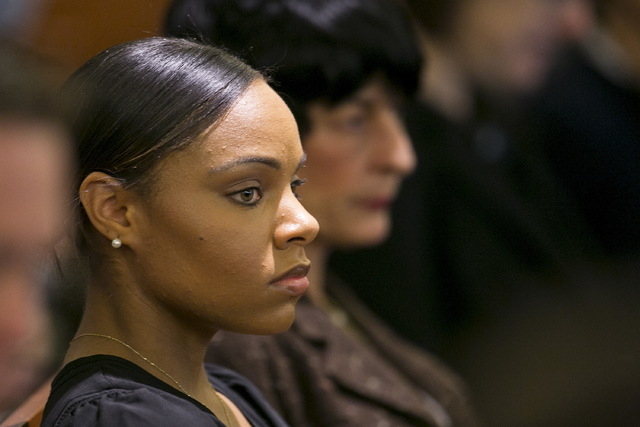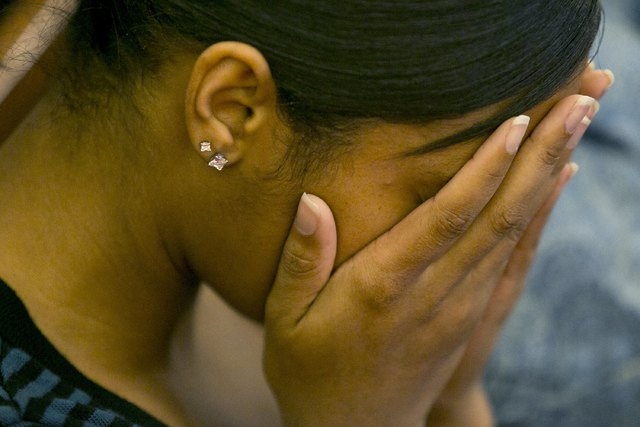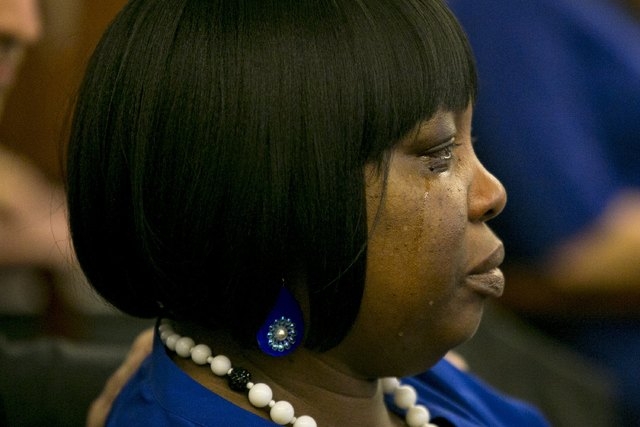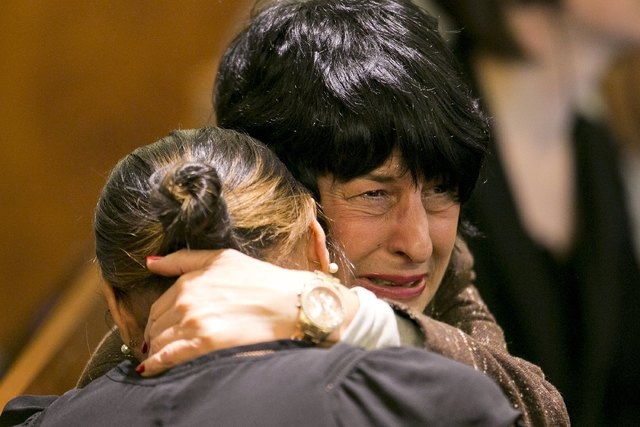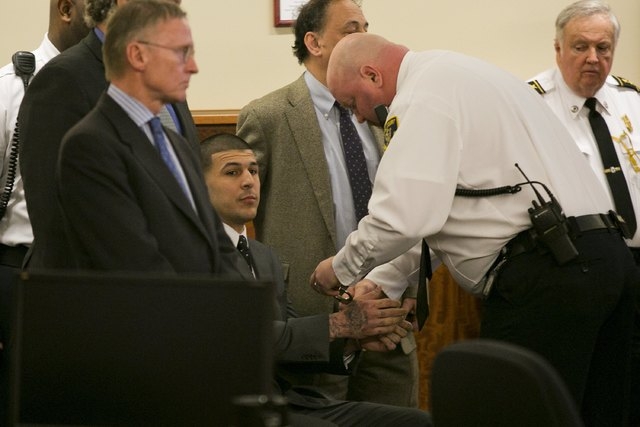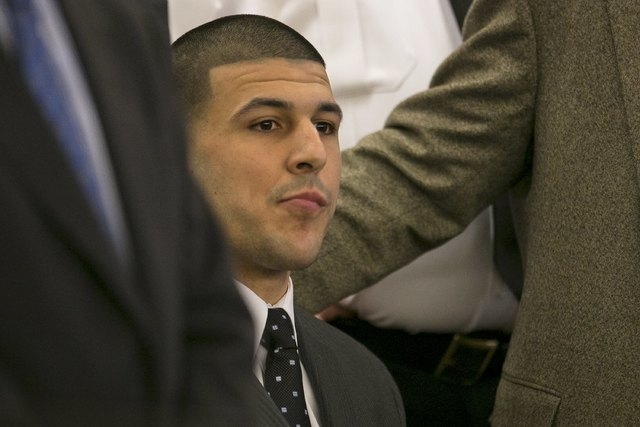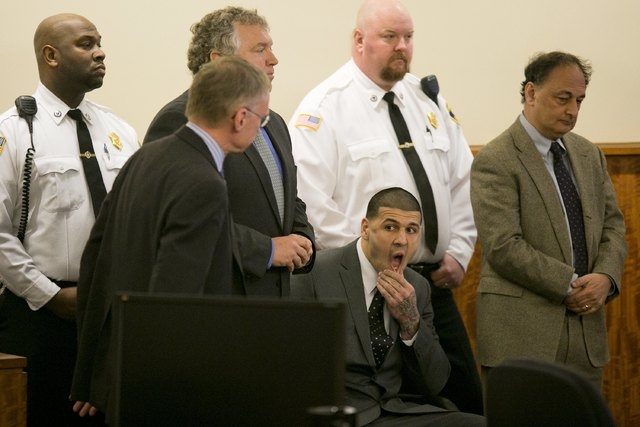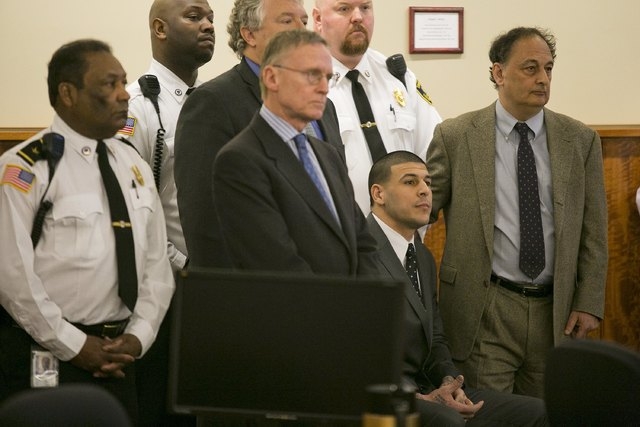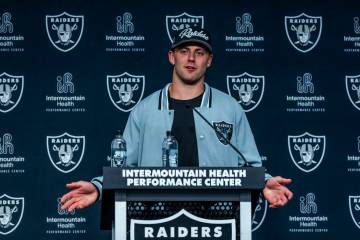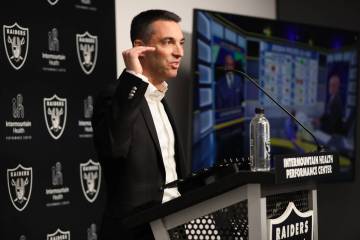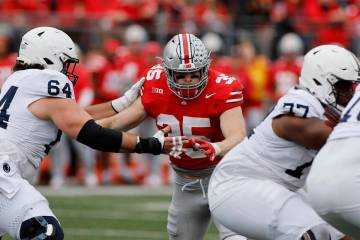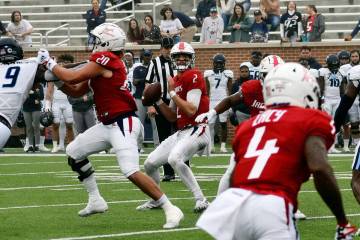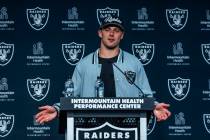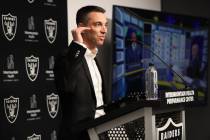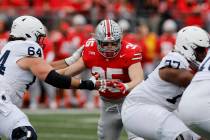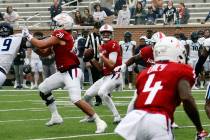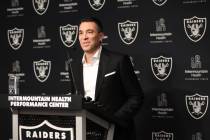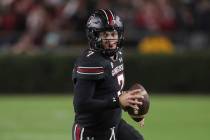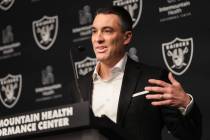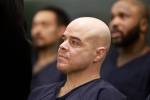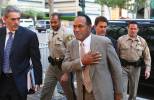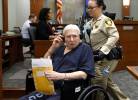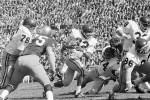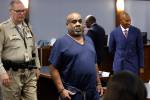Here’s what’s next for Aaron Hernandez after his murder conviction
FALL RIVER, Mass. — Former National Football League star Aaron Hernandez will need to keep his lawyers even after being convicted of murder and other charges in the death of Odin Lloyd.
The 25-year-old potentially faces three more trials — one criminal and two civil actions.
Hernandez was sentenced to life in prison on Wednesday for murdering an acquaintance in an industrial park near his Massachusetts home, concluding the first of two murder trials he faces this year.
A Massachusetts jury found Hernandez, 25, guilty of first-degree murder in the June 2013 slaying of Odin Lloyd, who had been dating the sister of Hernandez’s fiancée at the time. During the trial, the men were described as having been in the early stages of friendship, but Hernandez soured on Lloyd after the man hung out with people the former New England Patriots tight end disliked.
Hernandez, who had stood to hear the jury’s decision, collapsed into his chair after the verdict was read, and court security officers handcuffed him. His mother and fiancée, who were in court, broke into tears.
“They got it wrong,” Hernandez said as he was being transported from the courthouse to a state prison, according to a law enforcement source close to the case. “I didn’t do it.”
He looked over to see his mother, Terri, and fiancée, Shayanna Jenkins, weeping. Shayanna is the sister of the victim’s former girlfriend, Shaneah Jenkins.
Hernandez mouthed to them, “It’s OK.”
WHAT’S NEXT FOR HERNANDEZ?
Next up is another murder trial in which he is accused of killing two men and wounding another person near a Boston night club in July 2012.
Prosecutors have said Hernandez fatally shot Daniel de Abreu and Safiro Furtado when he fired into their 2003 BMW. Another passenger was wounded and two others were uninjured.
Hernandez pleaded not guilty at his arraignment.
The trial was originally slated for May 28, but Jake Wark, spokesman for the Suffolk County District Attorney’s Office, said Wednesday the trial had been postponed and no new date had been set.
“We expect to select a new court date in the coming days and then set the amended trial track. The Suffolk indictments allege two counts of first-degree murder for the July 16, 2012, shooting deaths of Daniel de Abreu and Safiro Furtado in Boston’s South End; three counts of armed assault with intent to murder and one count of assault and battery by means of a dangerous weapon for shots fired at three surviving victims; and one count of unlawful possession of a firearm,” he said.
The families of de Abreu and Furtado filed civil suits against Hernandez, and a judge froze his $5 million in assets, pending the outcome of the double-murder trial. The freeze includes the disputed $3.3 million signing bonus payment Hernandez claims he is owed by the New England Patriots.
Hernandez is also being sued by a man who claims Hernandez shot him while they were in a limousine in Miami in February 2013.
Alexander Bradley claims the then-New England Patriot tight end wounded him after the two got into a fight at a Miami strip club.
In a lawsuit filed four months later, Bradley said Hernandez fired at him during a limo ride after leaving the club and that Hernandez intentionally “possessed a gun which he was not legally licensed to have.”
Hernandez’s lawyers have argued he couldn’t defend himself properly while on trial in Massachusetts. There was no criminal charge in the case.
And then there is the grievance over unpaid bonus money filed by the NFL players union on behalf of Hernandez, who signed a contract in 2012 that potentially was worth more than $40 million.
If the grievance is heard by the league, Hernandez will be represented by the the National Football League Players’ Association.
The Patriots cut Hernandez, a rising star with a $41 million contract, hours after his arrest on June 26, 2013, nine days after a teenage jogger found Lloyd’s body.
During four months of testimony, the jury heard from more than 130 witnesses who testified that Hernandez, a native of Bristol, Connecticut, was a regular user of marijuana and sometimes of the stimulant PCP, that he owned guns and at times acted paranoid and that he said he felt his friends did not appreciate the things he did for them.
The witnesses included Alexander Bradley, a former friend of Hernandez who charged in a civil lawsuit that the former NFL player shot him in the face in February 2013, costing him an eye. Bradley, who never pursued criminal charges over the incident, testified that he saw Hernandez handle a gun similar to the one used to kill Lloyd but was not allowed to tell the jury about the shooting.
Investigators never recovered the .45-caliber Glock pistol that was used to pump six bullets into Lloyd, 27, who had been a semiprofessional football player.
Robert Kraft, the Patriots’ billionaire owner, was also called to the stand. Kraft testified that Hernandez said he was innocent and claimed to have been at a nightclub at the time of the killing.
Prosecutors contended that two friends, Ernest Wallace and Carlos Ortiz, were with Hernandez at the time of the killing. Those two men will be tried separately.
Reuters contributed to this story.
RELATED:
How the Aaron Hernandez case almost ended in mistrial
Aaron Hernandez’s fiancee says he told her he didn’t kill Odin Lloyd
Aaron Hernandez was upset at victim 2 days before killing, witness says
Valet says he saw Aaron Hernandez with gun before killing
Aaron Hernandez sent urgent text to friend on night of murder
Aaron Hernandez, alleged victim got drunk together before killing
Witnesses recall seeing body of Aaron Hernandez’s alleged victim



